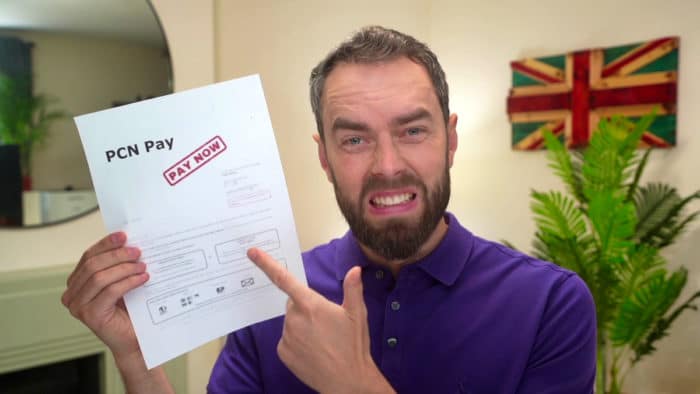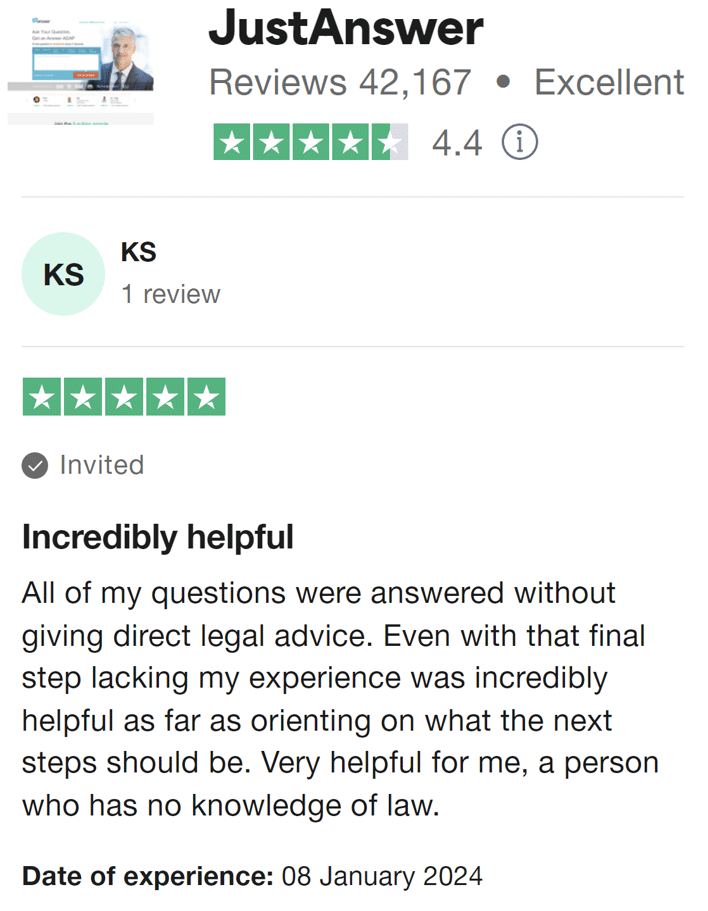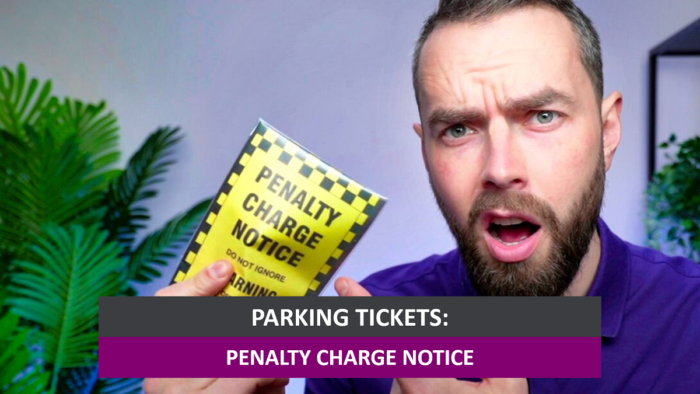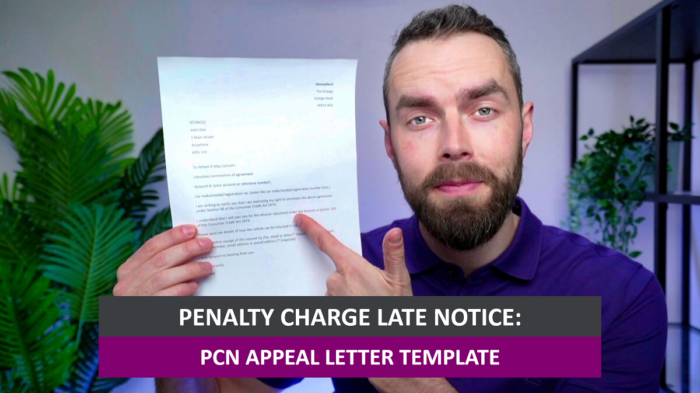PCN Pay – Do You have to pay

Did you receive a Penalty Charge Notice (PCN)? Are you unsure what to do next? Look no further; this guide is here to help. Every month, more than 130,000 people come to us for clear guidance on fines and parking tickets.
We know that it can be quite annoying and puzzling when you get a PCN, which is why we’ve prepared this article to help you grasp:
- What a PCN is and why you may have got one.
- If you must pay it straight away.
- How to say no to the charge if you feel it’s not right.
- Cases when you might not need to pay.
- What could happen if you decide not to pay.
Churchill Motor Insurance reports that in 2022, UK councils issued an average of 19,631 daily parking fines, a 12% increase from the previous year.1 We understand your situation, and we’re here to support you. Now let’s dive in and walk you through the details.
Most Appeals Succeed
In some circumstances, you might have a legitimate reason not to pay your fine.
It’s a bit sneaky, but the last time I needed legal advice, I paid £5 for a trial to chat with an online solicitor called JustAnswer.
Not only did I save £50 on solicitor feeds, I also won my case and didn’t have to pay my £271 fine.
Chat below to get started with JustAnswer
*Around 35,000 people dispute their tickets each year with the Traffic Penalty Tribunal, and a striking 64% of those appeals are successful, so it’s well worth a try.
Do you have to pay a PCN?
You will have to pay a PCN if you have been rightfully issued with one. In most cases, you will get 28 days to make the payment. The fine is usually reduced if you make the payment within 14 days. The process may differ in Scotland and Northern Ireland.
Can you challenge the fine?
You can challenge a PCN, and if your challenge is successful, you will no longer have to pay the fine. How you challenge a PCN depends on who issued you with the PCN and even how it was issued.
For example, if the local council placed a PCN on your windshield, you will need to make an informal challenge to the council. But if they sent you a PCN in the post, you’ll need to make a formal challenge, also known as a representation. You’ll also need to make a representation when challenging PCNs issued by Transport for London or challenging a Dart Charge.
Making a representation requires you to provide details of why you are challenging the PCN and evidence when possible. You can also challenge an order of recovery for a handful of reasons. Here are some of them.
There are a few common PCN defences that you can use if you decide to appeal your ticket.
| Common PCN Defence | Explanation |
| You were parked correctly | By law, your ticket should be cancelled if you haven’t broken any parking laws. |
| Unclear, incorrect, or missing signage | It is a legal requirement that all parking areas or roads with parking restrictions have clear road markings or signage. You also have a good defence if your ticket was sent in the post, but there were no signs warning of CCTV or ANPR systems when you parked. |
| You had no way to pay | You can appeal your ticket if you can prove that the only available ticket machine was broken or damaged. You also won’t win your appeal if there is a sign telling you not to park if there is no way of paying. |
| It wasn’t you who committed the parking infraction | The ticket should be cancelled if you didn’t commit the parking infraction as someone else was driving your car. |
| You couldn’t get back to your car | People with some disabilities or small children are protected from discrimination by the 2010 Equality Act. Struggling to get back to your car could be legitimate grounds for appeal. |
| Your car had broken down | If you got a ticket whilst waiting for your car to be towed or fixed, you have strong grounds for appeal. The ticket issuer should have understood that you physically couldn’t move it. |
| You were only just out of time | Late by just 5 or 10 minutes? You can appeal as you are entitled to a ‘grace period’ after your parking time runs out. |
» TAKE ACTION NOW: Get legal support from JustAnswer
What happens if you don’t pay?
Your fine will increase if you don’t pay your PCN on time, and you could be given a court order forcing you to pay. If the PCN is not cleared after 28 days, you will be issued with something called a ‘charge certificate’. This will give you a further 14 days to pay the original PCN fine plus an additional 50%. So if you originally owed £100 you would now have to pay £150 within 14 days.
If you ignore the charge certificate, you will be issued with a court order that asks you to pay, known as an order of recovery. You’ll then have 21 days to either pay the fine or challenge the court order. If you do neither, bailiffs will be used to visit your home and ask for payment or repossess your goods to clear the debt.
It’s important to know whether you’ve been issued with a penalty charge notice or a parking charge notice. The later is effectively a parking ticket that’s been issued by a private company. They make the name as similar as possible to make it seem more official, but don’t be fooled the rules around enforcement of penalty charge notices and parking charge notices are different.
How do you make a payment?
Most Penalty Charge Notices can be paid online. You will need to pay at the website owned by your PCN issuer. This may be on your local council’s website (local parking fines) or it could be the website owned by Transport for London (TfL).
You don’t have to pay your PCN online if you prefer not to. There are usually many ways to pay a PCN, which will be stipulated on the PCN.
Successful Appeal Case Study
Situation
| Initial Fine | £100 |
| Additional Fees | £171 |
| Total Fine | £271 |
The Appeal Process
Scott used JustAnswer, online legal service to enhance his appeal. The trial of this cost him just £5.
| Total Fine | £271 |
| Cost of legal advice | £5 |
JustAnswer helped Scott craft the best appeal possible and he was able to win his case.
Scott’s fine was cancelled and he only paid £5 for the legal help.
In partnership with Just Answer.
Is a PCN a criminal offence?
A PCN is not considered a criminal offence. They are considered as a civil offence only, but they may need to be mentioned on some applications, including visa applications to visit or work in other countries.
Do I need to declare PCNs to my insurance company?
Most insurance companies don’t need to know about any PCNs you have received. It is highly unlikely that a PCN will affect the insurance policy you are offered. However, the insurer does need to know about incidents and accidents that you and other named drivers have been involved in over a fixed period.
Join thousands of others who got legal help for a £5 trial
Getting the support of a Solicitor can take a huge weight off your mind.
Reviews shown are for JustAnswer.
Quick recap
You must pay a PCN if you have been rightfully issued with one due to illegal parking, wrongful driving practices or not paying other fines. Otherwise, you could challenge the PCN and explain why you should not have to pay. Paying within 14 days could save you money, but ignoring the fine could make it grow 50% bigger.
Find further help with PCNs here!
We have answered lots of other PCN questions here on MoneyNerd. Read more about PCNs and what you can do to save money or challenge your fine with us. All guides and discussion articles remain completely free to help you. Thanks for reading and we hope to see you on our blog again soon!
Hire a Parking Solicitor for less than a coffee.
If you’re thinking about appealing your parking ticket then getting some professional advice is a good idea.
Getting the support of a Solicitor can make your appeal much more likely to win.
For a £5 trial, Solicitors from JustAnswer can look at your case and help you create an airtight appeal.
Try it below
In partnership with Just Answer.



